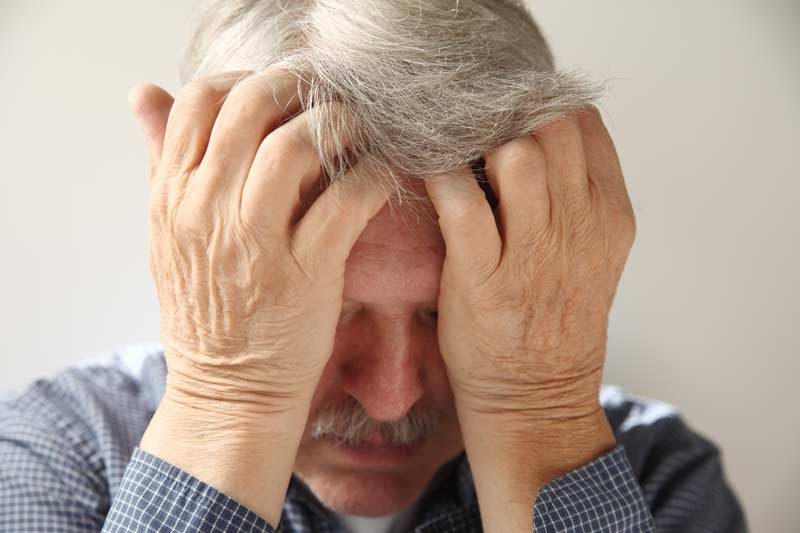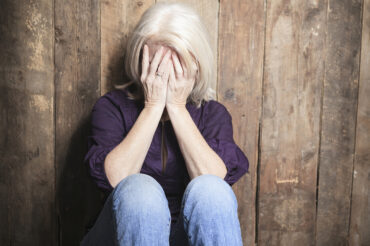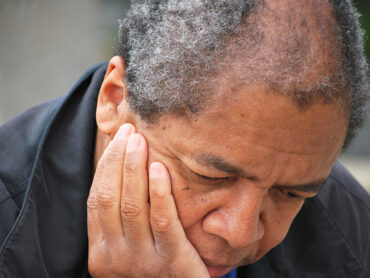Although the two overlap, there are distinct differences between depression and grieving. Identifying these differences in the elderly is a bit more challenging mainly due to other age related changes, natural anxiety that comes from aging and side effects of any medications.
However, it’s important you identify the right one so you can be properly treated. Taking antidepressants when you’re really just grieving for example can negatively impact you. If you’re actually depressed and it goes untreated, you could suffer even more devastating consequences.
Many changes take place as we age – we’re not as fast on our feet as we once were and many suffer from pain in the joints and bones, especially when it’s raining. At some point, we have to consider changing our living arrangements to reflect both our needs and ability to maintain a home.
All of these changes, including others like retirement and losing a loved one, affect our emotions. The grieving process is completely normal and a natural part of adjusting to a new reality, so it’s nothing to be alarmed by.
Probably the best way to differentiate between grief and depression is whether you’re having ups and downs (…like a wave). A person who is grieving will be able to smile and somewhat make light of the situation, whereas a depressed person will feel complete despair and experience sleeplessness, mood swings, thoughts of suicide and more.
Depression will feel more like a black hole from which there is no escape, while grief will come and go and allow you to maintain your normal schedule.
Depression is rather common among the elderly but many cases go unreported because of misconceptions about it being normal and a social stigma
The fact is, over 7 million elderly Americans (65+ years) suffer from depression according to the CDC. White men over the age of 85 have the highest suicide rate out of any other demographic.
The common perception is feelings of depression are normal for the elderly. This is true in one way, but it is easily treatable. Our bodies create what are called “happy” neurotransmitters like norepinephrine, serotonin and dopamine which help promote emotional and physical wellness.
As we get older, this process begins slowing down, leading to depression.
Besides antidepressants, research has shown how exercise can help boost levels of these natural, “happy” chemicals in our brains.
Strong support from family and friends and the ability to communicate with them has shown to be another way of mitigating the effects of depression. Interactive and physical activities like painting, photography and walking can also help boost your brain’s serotonin, dopamine and other neurotransmitters that make us feel good.
So if you or a loved one are feeling a bit down, ask yourself whether the sadness is up and down or constant. If you still feel a little upbeat sometimes, you’re probably just grieving due to all the changes going on in your life.
If things seem completely hopeless and you or a loved one are contemplating suicide and otherwise not taking care of yourself, you may be depressed.
Either way, it’s important you speak with a friend or doctor as soon possible.
Source unknown






